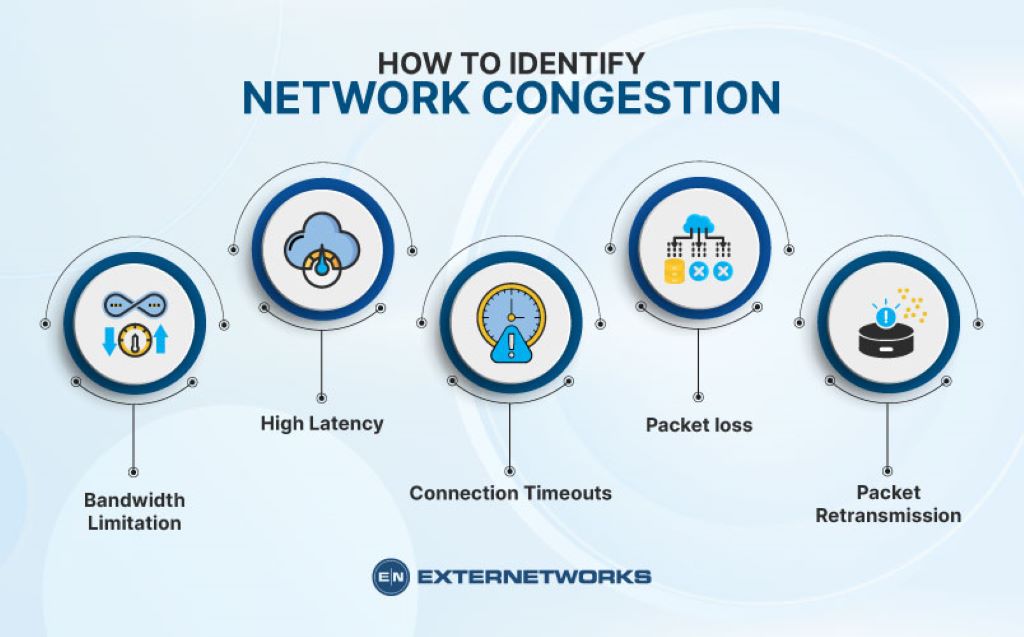In the ever-expanding world of wellness, countless products promise a path to a healthier, happier you. From miracle weight-loss supplements to detoxifying teas, the sheer volume of choices can be overwhelming. But before you empty your wallet on the latest fad, let’s navigate the often murky waters of wellness products with a critical eye. This guide equips you with the knowledge to decipher fact from fiction and make informed choices about incorporating wellness products into your routine.
Contents
The Allure of Wellness: Demystifying the Motivations Behind Products
The wellness industry thrives on a fundamental human desire – the aspiration to feel better, look younger, and live a healthier life. Companies capitalize on this desire by creating compelling narratives around their products. However, it’s crucial to differentiate between evidence-based claims and mere marketing hype.
Delving Deeper: Decoding Marketing Tactics
Understanding common marketing tactics in the wellness industry will empower you to make informed decisions:
- Celebrity Endorsements: Just because a celebrity promotes a product doesn’t guarantee its effectiveness. Celebrities are often paid to endorse products and may not have personal experience with them.
- Before & After Photos: Be wary of dramatic before-and-after photos. These can be easily manipulated and often lack context about diet, exercise, and lifestyle changes that might have contributed to the results.
- Scientific Jargon: Some companies use scientific-sounding language to make their products seem credible. Research the claims and ensure the studies cited are reputable and published in peer-reviewed journals.
The Good, the Bad, and the Gray: Evaluating Different Product Categories
Let’s explore some common wellness product categories and separate fact from fiction:
- Supplements: Vitamins and minerals can be beneficial for filling nutritional gaps in your diet. However, consult a doctor before taking any supplements, as some can interfere with medications or have unintended side effects.
- Probiotics: Research supports the benefits of probiotics for gut health. However, the effectiveness of different strains varies, and more research is needed to understand the long-term impact.
- Detox Products: The human body has a sophisticated detoxification system – the liver and kidneys. While certain foods and lifestyle practices might support these organs, there’s no evidence to suggest the need for “detox” products.
- Weight-Loss Supplements: Unfortunately, a magic bullet for weight loss doesn’t exist. Sustainable weight loss requires a combination of healthy eating, regular exercise, and a healthy lifestyle.
Beyond Products: Cultivating a Holistic Approach to Wellness
While certain wellness products can offer some benefits, a holistic approach is key to long-term well-being. Here are some fundamental practices to prioritize:
- Healthy Eating: Focus on consuming a balanced diet rich in fruits, vegetables, whole grains, and lean protein.
- Regular Exercise: Engage in activities you enjoy, whether it’s brisk walking, swimming, or dancing. Aim for at least 150 minutes of moderate-intensity exercise per week.
- Quality Sleep: Strive for 7-8 hours of quality sleep each night. Develop a relaxing bedtime routine and create a sleep-conducive environment.
- Stress Management: Chronic stress can negatively impact your physical and mental health. Find healthy ways to manage stress, such as yoga, meditation, or spending time in nature.
Empowering Yourself: Becoming a Savvy Wellness Consumer
By employing critical thinking and doing your research, you can become a savvy wellness consumer:
- Consult Your Doctor: Always discuss the use of any supplements or wellness products with your doctor, especially if you have any pre-existing health conditions.
- Read Product Labels Carefully: Understand the ingredients and dosage recommendations before purchasing any product.
- Beware of Unrealistic Claims: Products promising quick and effortless results are likely too good to be true.
Beyond the Basics: Resources for Informed Consumers
Here are some additional resources to empower you on your wellness journey:
- Government Agencies: Reputable government agencies like the National Institutes of Health (NIH) and the Food and Drug Administration (FDA) offer resources and information about various wellness products and their potential benefits and risks.
- Scientific Journals: Look for studies published in reputable scientific journals to understand the latest research on specific ingredients or product categories within the wellness industry.
- Independent Review Websites: Explore independent review websites that evaluate wellness products based on scientific evidence and consumer feedback.
Remember: Don’t hesitate to ask your doctor or a registered dietitian for personalized advice on incorporating wellness products into your routine.
The Power of Skepticism: Fostering a Healthy Dose of Doubt
In today’s world of relentless marketing, a healthy dose of skepticism is essential. When encountering a new product, ask yourself these questions:
- What is the scientific evidence supporting the claims made?
- Are there potential side effects or risks associated with this product?
- Could I achieve similar results through diet, exercise, and lifestyle changes?
- Is this product a sustainable solution for long-term well-being?
By fostering skepticism and focusing on a holistic approach to wellness, you can navigate the world of wellness products with confidence and make informed choices that truly benefit your health and well-being.
Related: What Are the Essential Yoga Poses for Beginners to Master?
Conclusion: A Journey to Wellness
Wellness is a journey, not a destination. It’s about adopting healthy habits, fostering a positive mindset, and feeling good in your skin. By approaching wellness products with a critical eye, prioritizing evidence-based practices, and focusing on overall well-being, you can embark on a path to a healthier and happier life. Remember, true wellness comes from within, and while certain products might offer some benefits, they are not a magic solution.





